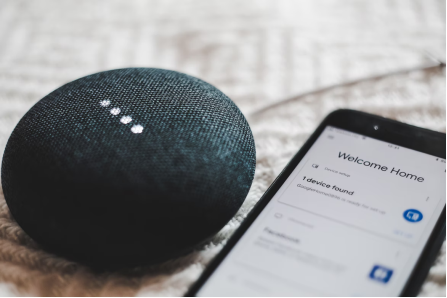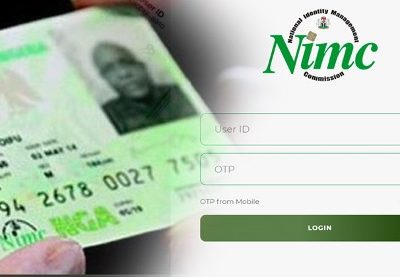People love smart devices but hardly care about their security
What if “Home Alone” was released in cinemas today? Instead of peeking through the door slot, Kevin would probably just use his smartphone to monitor the house through smart cameras. And, instead of glass marbles, he might attack the robbers with a robot vacuum.
A new study by the virtual private network provider NordVPN has shown that 88% of users own smart home devices. The most popular are Wi-Fi routers or internet hubs (63.7%), smart TVs (57.1%), game consoles (36%), and smart speakers (28.2%). It is worrying that, according to the study, less than half of people adequately protect their devices, which makes them the perfect target for hacker attacks.
Comfort vs. risk: a dangerous barter
IoT devices, by their very nature, collect and send information. This might be done securely and for a specific purpose, such as an encrypted message to tell your heating to turn off. But it might also be leaky, either through bad encryption (or none at all) or through giving away extra information.
For example, the internet-connected camera on your front door might let you know when a visitor is there, but, if someone else is watching, it could also reveal when the house is empty, or when children are home alone. In 2020, dozens of Amazon Rings were hacked, resulting in a lawsuit against the company.
Who is responsible for security vulnerabilities?
According to NordVPN’s study, 41.4% of users believe that manufacturers should be responsible for the safety of the devices they make, while 55.9% see this as their own responsibility.
Daniel Markuson, a digital privacy expert at NordVPN, sees both sides as responsible: “As the research shows, the more devices people own, the more vulnerable they are. Manufacturers surely have to take responsibility for the safety of their products, but users play a big part in their own cybersecurity,” says Markuson.
RELATED Ericsson: Smart Home Privacy – How To Avoid ‘Data Paparazzi’
The expert also explains what consumers can do for their own protection. Owners of a smart home should look into the privacy issues associated with the devices before the purchase. Strong passwords as well as keeping devices up to date can help keep the smart devices more secure.
A VPN (virtual private network) is probably the simplest and most secure way to protect yourself against cyber attacks. Installing a VPN on a Wi-Fi router protects the whole smart home network with encryption. With a VPN on a router, every device that connects to it will be safe from snoopers and data theft.
You will find more information on possible vulnerabilities and the ways to be protected on NordVPN’s research page.































